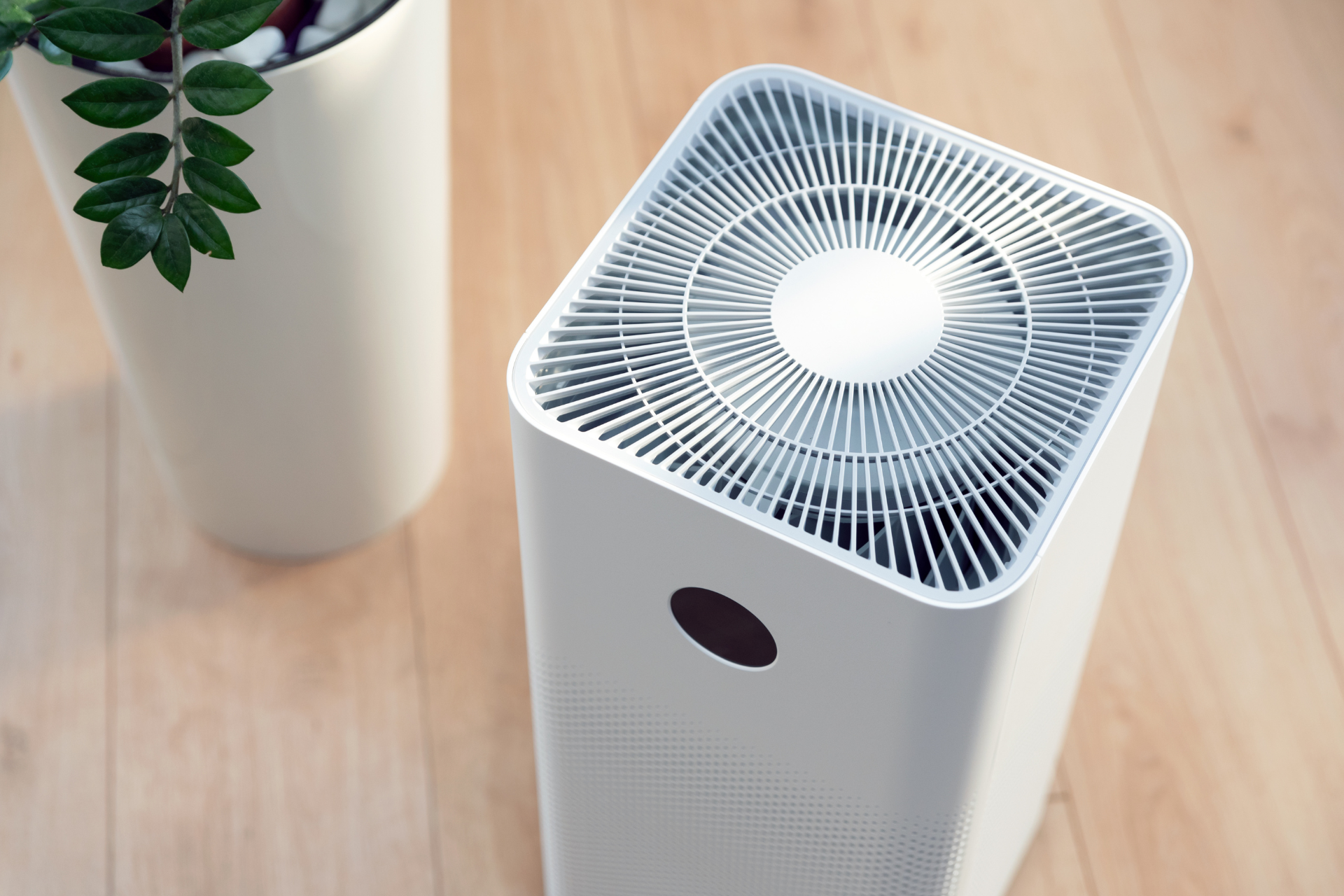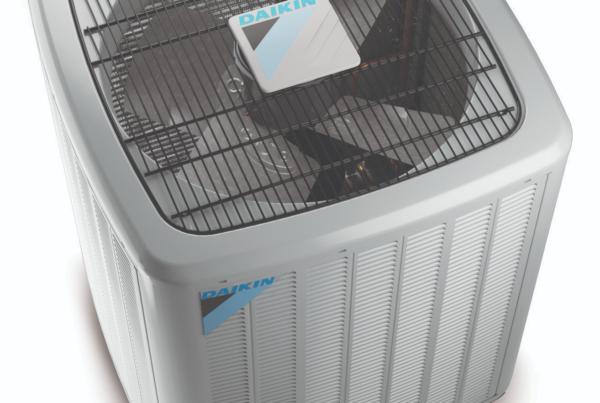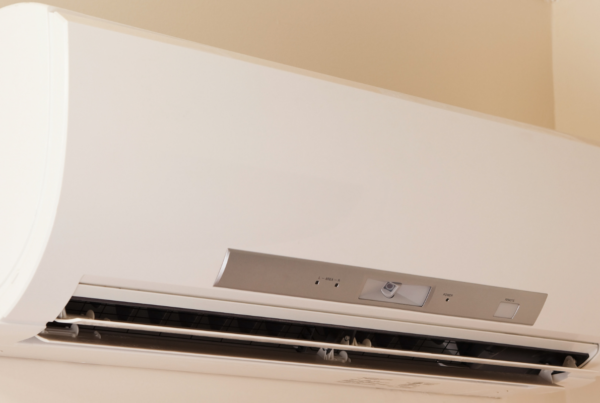What are HEPA Filters – and When Do We Need Them?
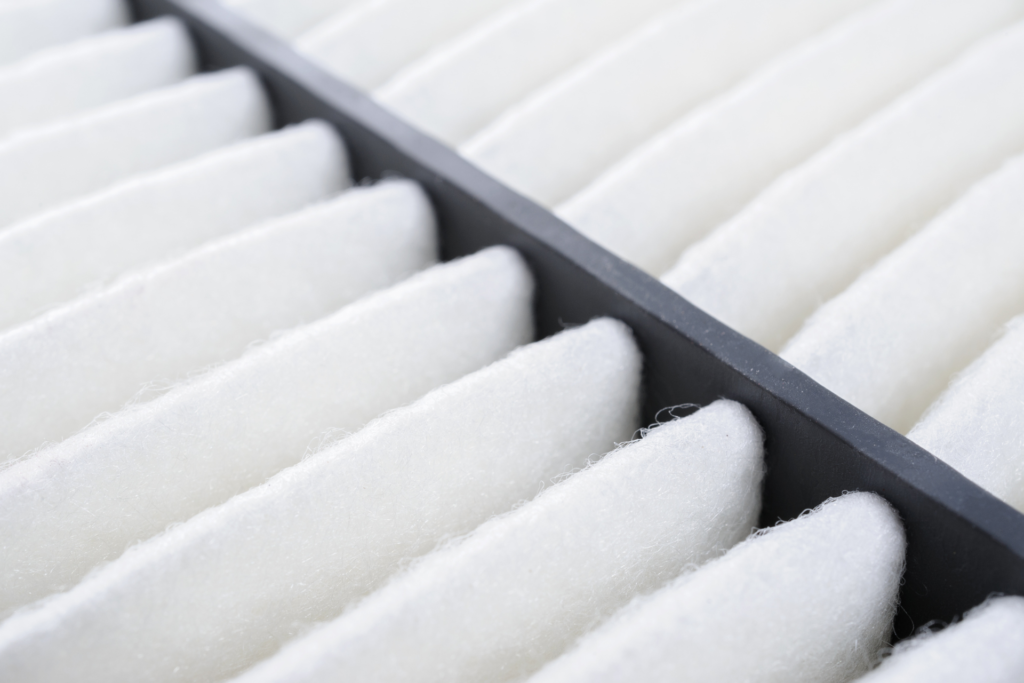
We often hear about HEPA filters, especially when researching the best ways to eliminate weird smells, allergens, pet fur, and other particles in our homes. But what exactly is a HEPA filter – and do you need one for your space?
We’ve talked about filters for residential AC systems before, but today we’re going to take a deeper dive into HEPA filtration and when to use it in your space. Let’s take a look!
Quick Facts About High-Efficiency Particulate Air Filters (HEPA Filters)
- HEPA stands for High Efficiency Particulate Air – what a mouthful!
- True HEPA filters can remove at least 99.97% of particles that are 0.3 microns.
- HEPA filters remove airborne pollutants like pollen, pet fur, dust, mold, bacteria, odors, and other ultrafine particulates when air is forced through the filter system.
- These are typical made of woven fiberglass that remove particles through multiple forms of filtration.
- Hospitals, schools, biohazard facilities, commercial purifiers, and janitorial equipment are the most common types of HEPA filter uses.
Understanding HEPA Filters
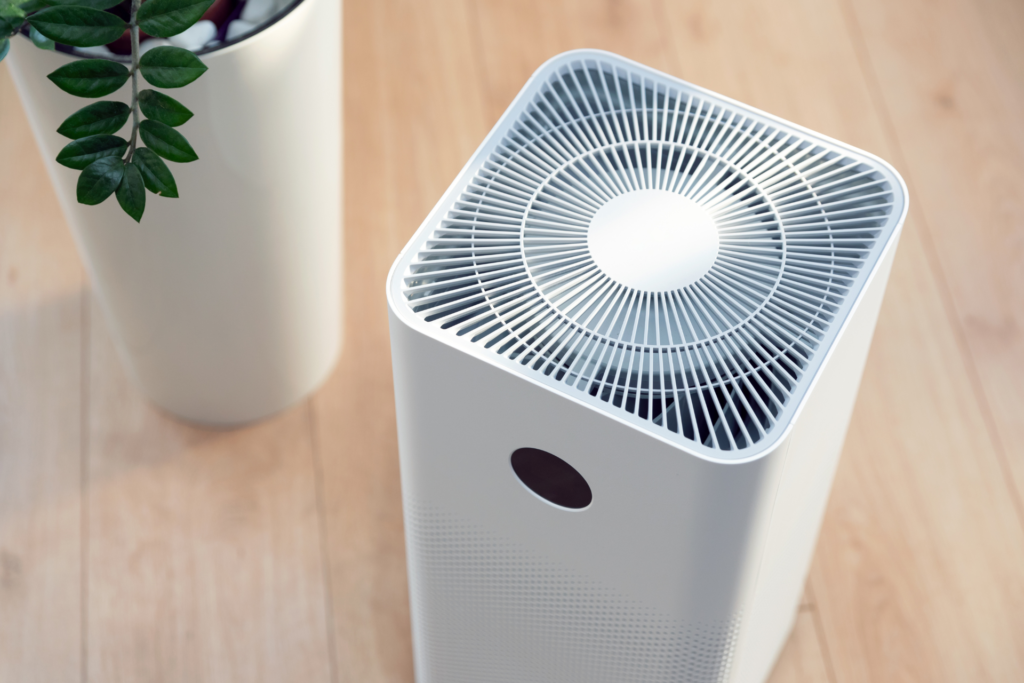
We go over air filters quite a lot in our blog – and for a good reason! Filters are one of the most important tools that we have for maintaining good indoor air quality in our home, cars, offices, and other spaces.
High Efficiency Particulate Air filters, or HEPA filters, are a special case, however. We don’t use them in our central air conditioning systems unless we’re working in laboratories or hospitals. Instead, most homes use HEPA filters as small, portable filtration units in specific rooms.
If you are struggling with Florida’s springtime pollen or tons of pet fur in your home, a HEPA filter might be a good option for your comfort! Standalone filter units are available, just make sure that you’re purchasing one that is big enough for the space you want to clean. In addition, central AC systems can be set up with indoor air quality upgrades like air scrubbers for maximum indoor air quality!

